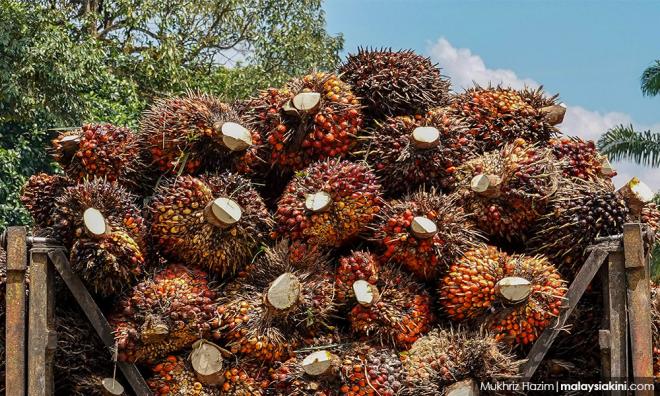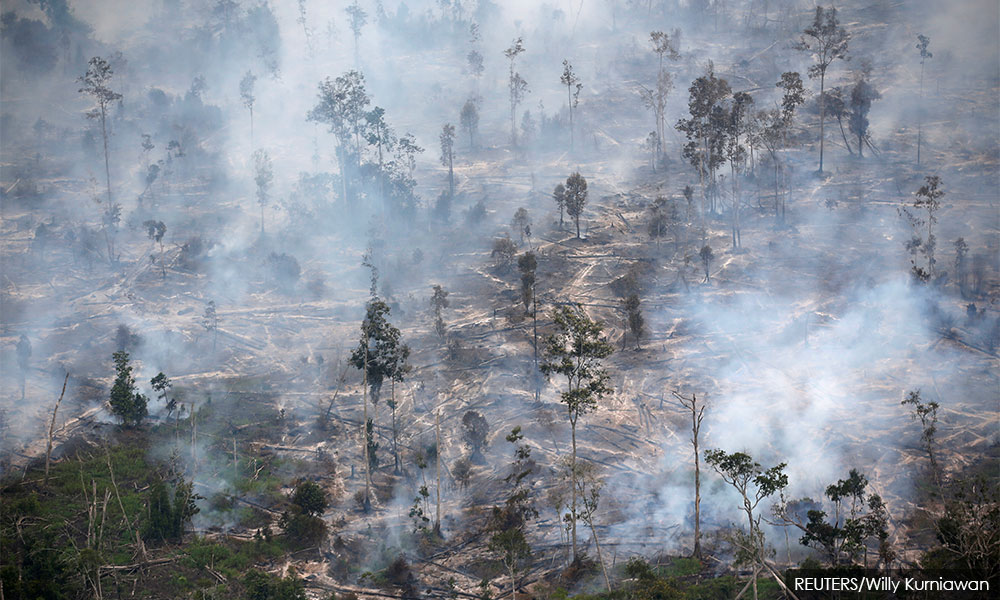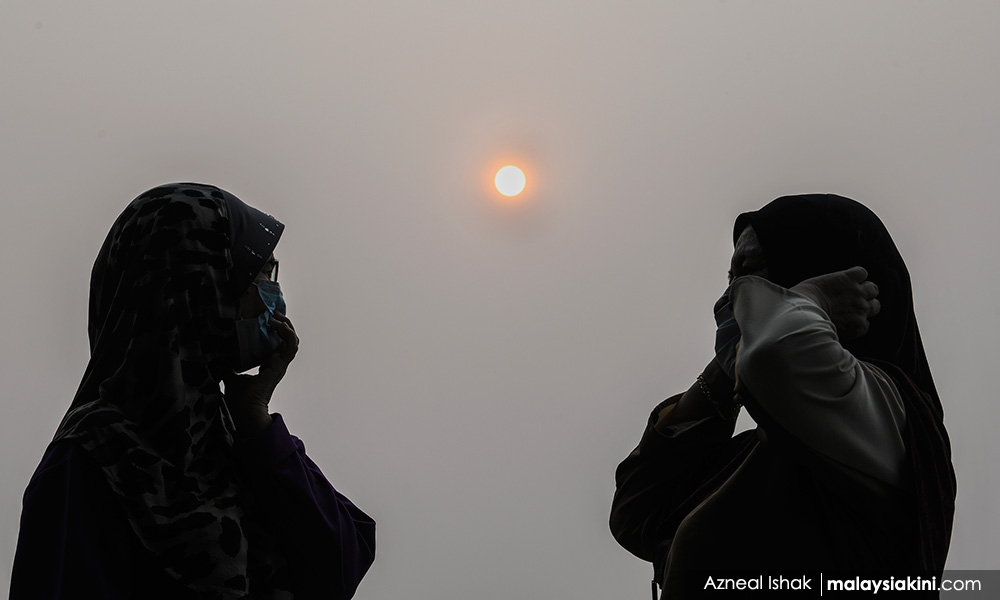
The government has rebranded palm oil as “God’s Gift” (“Sawit Anugerah Tuhan”). It’s the latest official effort to deflect international criticism of an industry inextricably linked to deforestation, destruction of peatlands and violation of the rights of its workers and local forest-dependent communities.
This latest slogan suggests the government remains in denial about its obligation to ensure that the country’s palm oil sector operates responsibly. It echoes then-prime minister Dr Mahathir Mohamad’s August 2019 assertion that linking palm oil to deforestation was “baseless, unfair and unjustified”.
If only. The International Union for the Conservation of Nature (IUCN) estimates that 1.5 million hectares of all oil palm plantations established in Malaysia between 1990 and 2010 “originated due to forest conversion”, with 720,894 hectares developed on peatlands.
The IUCN further estimated that at least 50 percent of all deforestation between 2005 and 2015 in Borneo - an island shared by Malaysia, Indonesia and Brunei - was related to oil palm development. Between 2015 and 2019, the total gross area planted with oil palm in Malaysia has expanded by over 257,000 hectares – proof that the industry continues to expand its footprint.
Sarawak has become the global epicentre of environmental devastation wrought by unsustainable oil palm development. Highly destructive and potentially illegal logging operations continue in some of Sarawak's most biologically rich landscapes. Those areas include habitats of orangutans and the majestic rhinoceros hornbill, Sarawak's official symbol.

Deforestation also inflicts serious damage on the economic, cultural and spiritual traditions of Sarawak’s indigenous forest-dependent peoples and makes them highly vulnerable to human rights abuses.
Although indigenous groups in Sarawak have in recent years filed hundreds of legal challenges to stop the deforestation of their native customary rights lands by oil palm and logging companies, the Human Rights Commission (Suhakam) concluded in 2013 that effective resolution of such cases are hobbled by slow court processes during which “evidence on the ground can be destroyed.”
If the government is serious about protecting the country’s true “God’s gifts”- its irreplaceable rainforests and wildlife - it should start by scrutinising the operations of Samling Group, a notorious conglomerate that owns and operates oil palm and timber plantation concessions in Sarawak.
International environmental organisation Mighty Earth’s Rapid Response Deforestation Monitoring system - which uses satellite imagery to detect new instances of deforestation and peatland development across palm oil and timber plantations in Indonesia and Malaysia - has identified at least 1,038 hectares of deforestation since August 2017 within Samling’s concessions in Sarawak.
In just one of the group’s Sarawak concessions, 4,560 hectares of high density (over 75 percent) tree canopy cover was lost from 2014 to 2018 according to data published by Global Forest Watch. Samling also has a long history of egregious human rights abuses, including illegal land grabs and violations of the rights of indigenous peoples.
The government’s failure to adequately address harms caused by the likes of Samling has been offset by private sector efforts to help ensure the sustainability of the oil palm sector. To date, 10 major palm oil traders, including Malaysian plantation groups IOI Corporation, Kuala Lumpur Kepong, Kwantas Corporation and Sarawak Oil Palms have suspended Samling from their global supply chains.
More than a dozen consumer brands including Hershey’s, Unilever, and Palmolive, have purged Samling from their supplier lists due to the company’s willful deforestation in Sarawak. Bad actors like Samling and its buyers are continuing to give the Malaysian palm oil industry a bad reputation.
Climate change
The devastation of Malaysia’s tropical rainforests through forest clearance operations linked to the development of oil palm and timber plantations is not merely a domestic issue. It’s a key contributor to the worsening global climate crisis.

Malaysia’s rainforests play a key role in trapping greenhouse gases and preventing them from accumulating in the atmosphere and driving up global temperatures. Destruction of peatlands, which commonly occurs when rainforests are cleared to make way for palm oil plantations, has a particularly outsized impact on climate change.
When burned, peatlands are a major driver of the region's haze problem which costs the Malaysian economy at least US$98 million (RM408 million) in medical costs for citizens sickened by the badly polluted air in 2013 and led to the premature deaths of 6,500 Malaysians in 2015.
The government can ensure the sustainability of its oil palm industry through measures including a nationwide moratorium on forest and peatland clearance - both outside and within existing concession areas. A moratorium would halt new palm oil and timber plantation licensing and lead to the revocation of licenses of corporate bad actors that continue to prioritise profit over the protection of the country’s dwindling rainforests.
The government should also require that companies adhere to the strict protection of forests, peatlands and human rights which would be aligned with the “No Deforestation, No Peat and No Exploitation (NDPE)” policies that are becoming best practice within the palm oil industry.
The government needs to demonstrate the political will to confront the well-documented environmental evils of rogue companies in its palm oil and timber sector. The alternative – an unholy combination of denial and deflection with empty slogans - will only embolden corporate bad actors to continue to inflict environmental harm at the expense of the industry as a whole.
PHELIM KINE is the senior director for Asia at the environmental campaign organisation Mighty Earth in Washington, DC. - Mkini



No comments:
Post a Comment
Note: Only a member of this blog may post a comment.